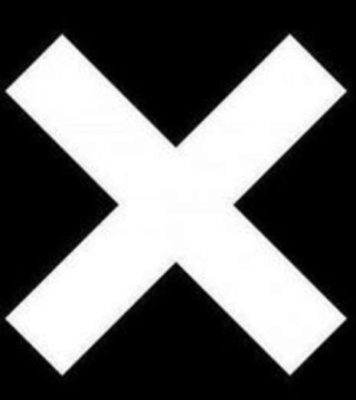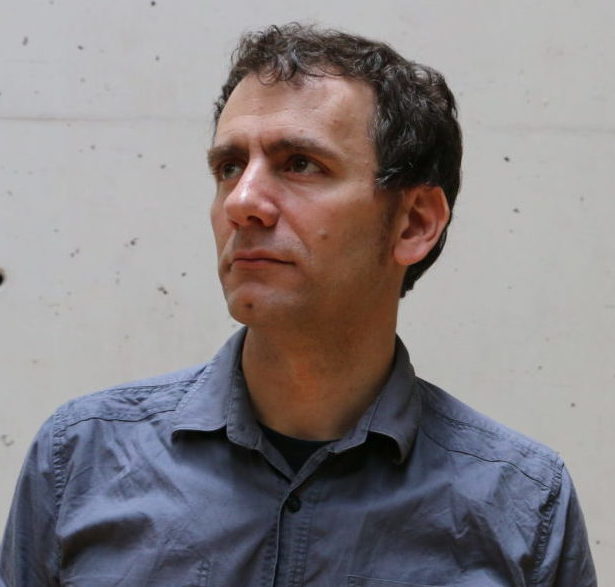Search
To search for an exact match, type the word or phrase you want in quotation marks.
A*DESK has been offering since 2002 contents about criticism and contemporary art. A*DESK has become consolidated thanks to all those who have believed in the project, all those who have followed us, debating, participating and collaborating. Many people have collaborated with A*DESK, and continue to do so. Their efforts, knowledge and belief in the project are what make it grow internationally. At A*DESK we have also generated work for over one hundred professionals in culture, from small collaborations with reviews and classes, to more prolonged and intense collaborations.
At A*DESK we believe in the need for free and universal access to culture and knowledge. We want to carry on being independent, remaining open to more ideas and opinions. If you believe in A*DESK, we need your backing to be able to continue. You can now participate in the project by supporting it. You can choose how much you want to contribute to the project.
You can decide how much you want to bring to the project.

Holland is preparing itself for the disappearance of a model. The cuts in cultural budgets mean that, in two years time, it is not at all clear that key nodal hubs such as the Rijksakademie, NIMK (previously Montevideo) or the SKOR will be able to continue to exist. Hubs, which define a context, facilitate production, documentation and higher education. Hubs that facilitate the internationalization of a context, as well as historical research and the desire to pave the way for the future.
We are talking about one of the most important residential/education centres for artists in Europe, the Rijksakademie. A centre that has seen an impressive roll call of artists pass through its doors and presupposes a quantifiable leap in the work of those studying there. The presence of foreign artists helps the city of Amsterdam to become, at an artistic level, more international, amplifying its debates and encouraging the visits of figures from the art world who want to enter into contact with those who are at the Rijksakademie.
We are also talking about one of the most important organisations, internationally speaking, that is working with video and advanced media. The history of its format owes a great deal to Montevideo (NIMK), and its catalogue (available on-line) demonstrates this. It is an institution that has evolved over time, adapting to reality in order to participate fully within it.
We are talking once again, about one of the most important producers, internationally, of public art. SKOR is on a par with Artangel, it has (or had) the capacity to produce large-scale projects while at the same time never forgetting to remain in contact with the local context.
That is to say, in one fell swoop, they will eliminate the producers of public art, the defenders of video and those who support new activities, as well as the most important place for international contacts. We don’t yet know the consequences, but they aren’t promising. The point is, we should be concerned about what the effects these changes will have, and not just in Holland. The direct effects of this dismantling are comprehensible (fewer options for artists to produce, fewer options to access leading archives and fewer options to be in the place where things are happening) but what’s more we are losing a model, while perversely we are offered, on a plate, the temptation to do the very same.
They are calling for international support and signatures.
http://nimk.nl/eng/media-art-we-care
http://www.skor.nl/artefact-5543-en.html
http://www.rijksakademie.nl/ENG/home/nieuws/15-6-teken-de-petitie

Director of Index Foundation, Stockholm, exhibition curator and art critic. Yes, after Judith Butler it is possible to be several things at once. He thinks that questions are important and that, sometimes, to ask means to point out.
"A desk is a dangerous place from which to watch the world" (John Le Carré)